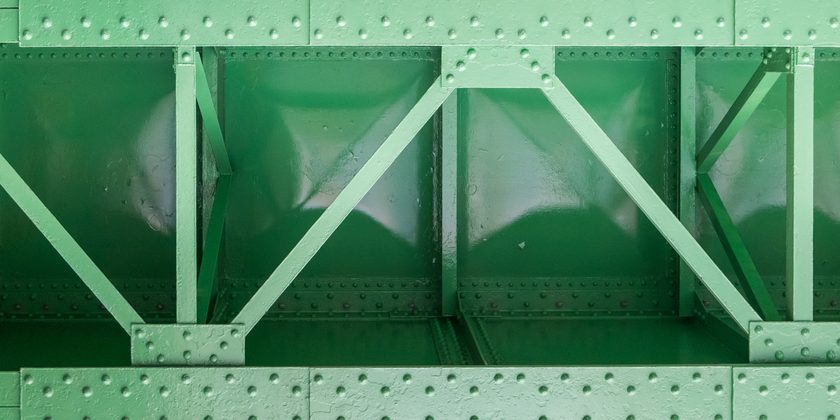Gerdau said that its production halt in the region won’t affect product deliveries, but there is still no deadline for a return in these company’s units.
ArcelorMittal said that negotiations with customers in the region are already affected by road closures. The company also reported flooding in one of its distribution centers and said that other units are isolated in the region.
Usiminas and Companhia Siderúrgica Nacional (CSN) couldn’t estimate how much was lost, nor if the water was invading warehouses or how long the stoppage would last.
The rain in the southern region of the country began on April 27 and gained strength on April 29, causing floods in several regions of Rio Grande do Sul. On the agricultural side, the state is a large producer of cereals and grains and, regarding the steel sector, an important region for distribution and imports.
Faced with heavy rainfall and increasing flooding, the government declared a state of public calamity on April 2. Brazil’s Gerdau was the first local steelmaker to announce suspensions.
Over the weekend, the company stopped production at its Charqueadas and Riograndense units, both located in Rio Grande do Sul state, aiming to guarantee the employees’ safety amid the heavy rains that have been causing floods and deaths in the region.
“Gerdau emphasizes that the suspension of the activities will not affect deliveries to customers and that none of the units were impacted by the storms,” the company said in a written statement on Monday May 6. The company said that operations will resume in the state when it finds that conditions are safe.
Riograndense produces rebar, merchant bar, wire rod, drawn products and nails, with a capacity of 450,000 tonnes per year of crude steel and 492,000 tpy of rolling products. The Charqueadas unit works with bars, profiles and wire rods, with a capacity of 430,000 tpy of crude steel and 730,000 tpy of rolled steel.
Upon request by Fastmarkets, the other three largest steel producers in the country, ArcelorMittal, CSN and Usiminas, also issued statements updating the status of their operations in southern Brazil.
ArcelorMittal’s statement said that its Canoas Logistics Center (CL), located in the metropolitan region of the state capital, Porto Alegre, was directly impacted by the floods. The same happened with the company’s commercial partner in the region, DBM Cofercan.
“The other units located in the most affected region – Distribuidor Belgo Avançado (DBA) in Porto Alegre, Caxias do Sul, Santa Maria and Pelotas – did not have their structures compromised, but are isolated,” the statement said. “The Belgo Avançado Distributor (DBA) in Ijuí and Passo Fundo were not impacted.”
The volumes of steel affected in each unit, however, are not yet possible to estimate.
With the region’s roads mostly closed, ArcelorMittal’s statement said that it is difficult to transport materials from the units.
“This impacts the volume of business carried out in the region,” the company’s statement said.
A Brazil-based trader highlighted that, despite it still being difficult to measure the proportion of the crisis, effects on sales should be expected.
“The fact is the roads are completely flooded, and even if the port in the region is operating, there’s no way to transport products, so any negotiation in the region should have stopped,” the trader said.
Usiminas halted operations in its Porto Alegre unit, which produces 79,000 tpy of seamed tubes. But there is still no information about the impact on company sales and whether the stoppage should affect the delivery of the material.
CSN’s statement said that all of its actions are now focused on safety and supporting the population, and that the company will be able to comment on other issues “in due course,” without detailing issues with steel production or distribution in the region.
The four companies expressed solidarity to the employees who were affected by the tragedy and said that they will prioritize the safety of affected workers, as well as the population of the region.
We provide more than 250 steel prices, including industry benchmarks from across the globe. Fastmarkets’ steel price data combines the intelligence of industry-leading brands such as Metal Bulletin, American Metal Market, Scrap Price Bulletin and Industrial Minerals. Talk to us about our steel price data options today.



